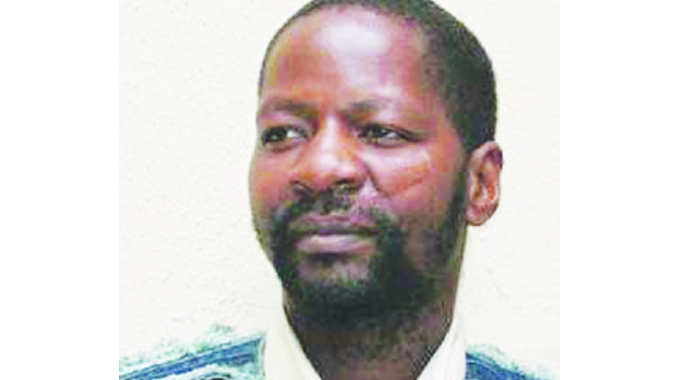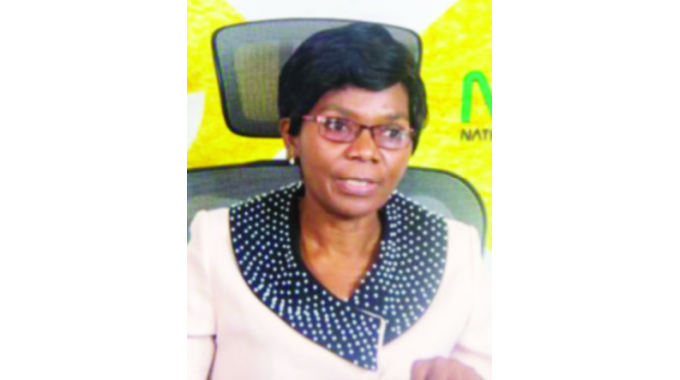Editorial Comment: Zacc asset-hunt a strong second weapon

In the battle against corruption jailing the guilty is a desirable end, but it is not the only end and sometimes is extremely difficult since enough hard evidence has to be gathered to prove guilt beyond reasonable doubt and a slew of legal obstacles introduced by the defence overcome.
So for several reasons the decision by the Zimbabwe Anti-Corruption Commission to pursue the money and assets acquired through corruption, or at least improperly, as well as the perpetrators makes a lot of sense.
For a start, losing all your wealth is a major deterrent, almost equal to losing your liberty. And there will be those who might well be prepared to spend a couple of years in jail if they know when they come out there are a few million US dollars stuffed in foreign bank accounts and shell companies to support a life of luxury for the rest of their days.
Secondly, the burden of proof is lower since asset recovery is a civil process.
In civil matters, judges make decisions on the balance of probabilities, rather than courts having to find that criminal charges have been proved beyond reasonable doubt.
We have already had a couple of cases where it was impossible to prosecute, but where the chain of evidence was complete enough, and strong enough, to show that certain assets could not have been acquired through the person’s declared income and there was no evidence that they had won a lottery or received a big inheritance.
So assets were forfeited to the State as there was a chain of probable evidence that they were acquired corruptly or through “gifts” from acquaintances who won Government contracts or something similar.
Thirdly, the accused person does not have to be physically present in court for a civil matter; they can be represented by a lawyer. We have seen people taking permanent holidays outside the country.
We have seen people producing medical certificate after certificate saying they are not fit enough to stand trial. And the ingenuity of a good lawyer exploiting the right to a fair trial is almost limitless.
And fourthly sometimes the technical crime might be relatively minor, once all the defences on intent and just who ordered who to do what are exhausted, but we want the money back. This comes up with a lot of those land issues.
If fraud charges cannot stick, just how many years do you get for not filling in a town planning form? But stripping the barons of the proceeds would not just bankrupt them, but also allow compensation to be paid for those who suffered.
This does not mean that a civil action is simple, or that rules of basic fairness are dumped. But they do open other routes that can be used and often have more chances of success.
Hunting down assets left in Zimbabwe by someone who has managed to get legal residency in another country is obviously the simplest.
If it is probable that they acquired the assets improperly, using influence rather than committing a more serious crime, and if they cannot explain how they could afford those assets, then they can be probably taken over.
And they can be frozen early in a legal process, as the 24 fancy vehicles now parked at the Zacc premises show.
Even assets outside the country are open to attack. The days when money could be carried around the world in brief cases without anyone asking questions are over. Anti-terrorism laws, prohibitions over money laundering, and even the growing co-operation on hunting down wealth generated by tax dodgers all mean that it is possible to get assistance from other authorities and from other courts.
And here we have additional pressures that can be applied. A lot of those outside the country who dislike the Zimbabwean authorities, and are willing to accept fake claims, or at least give them some credence, that criminal investigations are politically motivated, also condemn corruption in Zimbabwe.
So they must know in their hearts of hearts that someone who was in public service and is now sitting on a couple of million US dollars is at least potentially a person who benefited from corrupt activity.
Hunting down assets also opens the door to other criminal charges, basically those involving breaches in tax laws. Everyone over a fairly low limit is supposed to declare their income every year, although many do this automatically through the PAYE procedure. But if your income is way above what you declare then tax laws come into play.
Al Capone, the American gangster, could not be convicted of the murders, robberies and other violent crimes he committed, but he was jailed for not filing tax returns. These days American criminals pay taxes, but launder the money or rely on their constitutional right not to tell the taxman where they got the money, a right Zimbabweans do not have and laundering money leaves records.
Those who remember the 1980s will recall that when a bunch of Government ministers abused a scheme to buy one locally-assembled car each for private use, this was not then a crime, although as a result of that case, abuse of public office was criminalised.
But they were still convicted of breaching price control regulations. Sometimes the side roads are faster than the highway.
Corruption and abuse of office are insidious and dangerous crimes. We have to use all legal avenues to hunt down those responsible and prove that crime does not pay.
That means we need not only try and assemble evidence for criminal charges, but also strip the corrupt of the proceeds of their illegal actions.
And the proceeds means more than just the profits tucked away; it includes the money they have spent on high living and quite possibly on expensive lawyers.
Zacc’s widening of the hunt to include the money, as well as the criminals, is thus welcome and the victims of the crimes, who include Government units, need the money back in any case, so we get a double benefit.
And the ultimate deterrent is being bankrupt in a jail cell, but just being bankrupt is a good deterrent in itself. If you cannot benefit from crime why commit it?








Comments